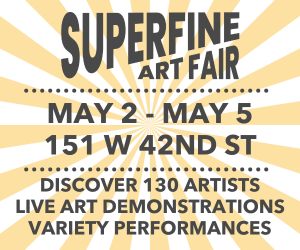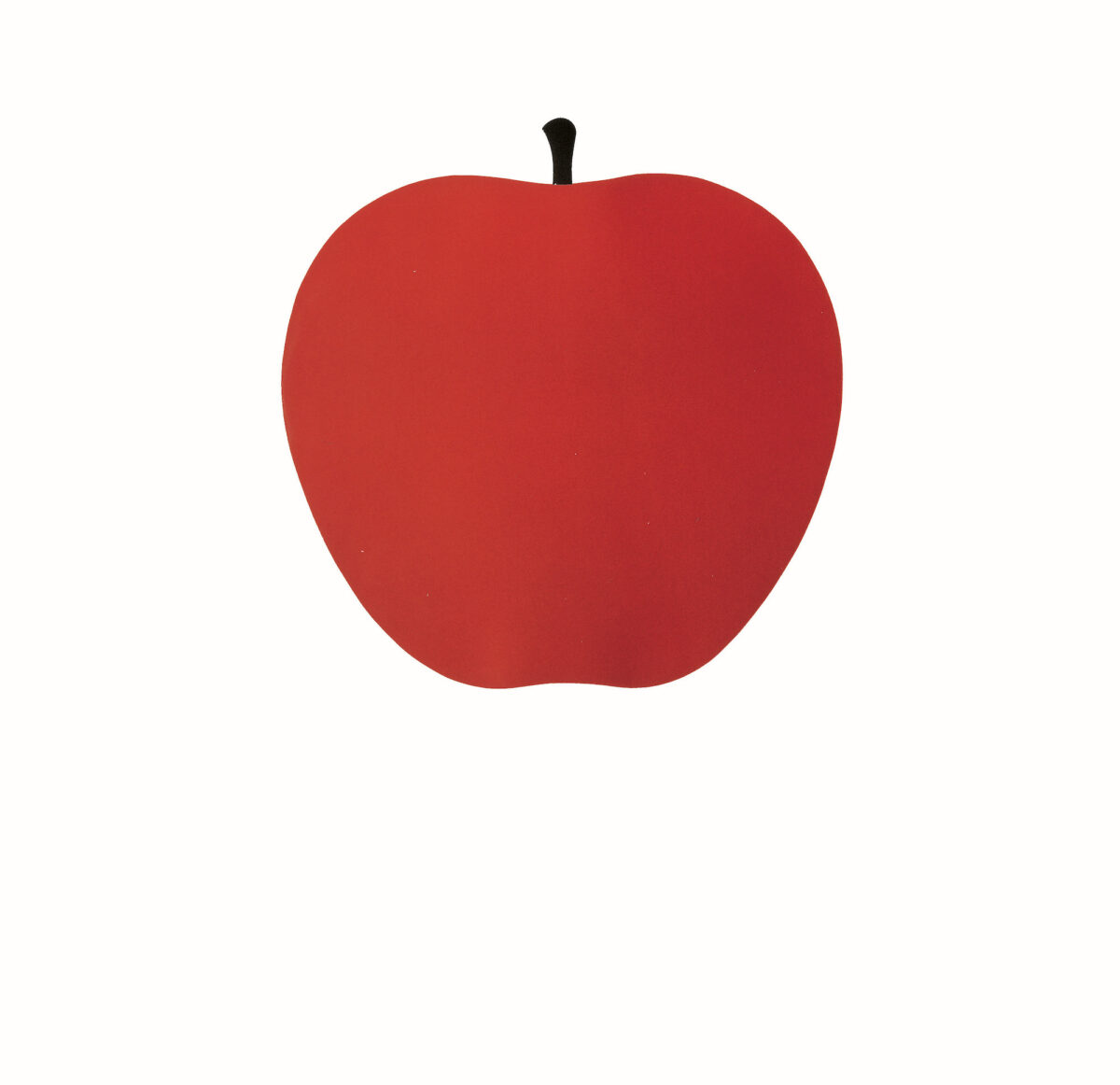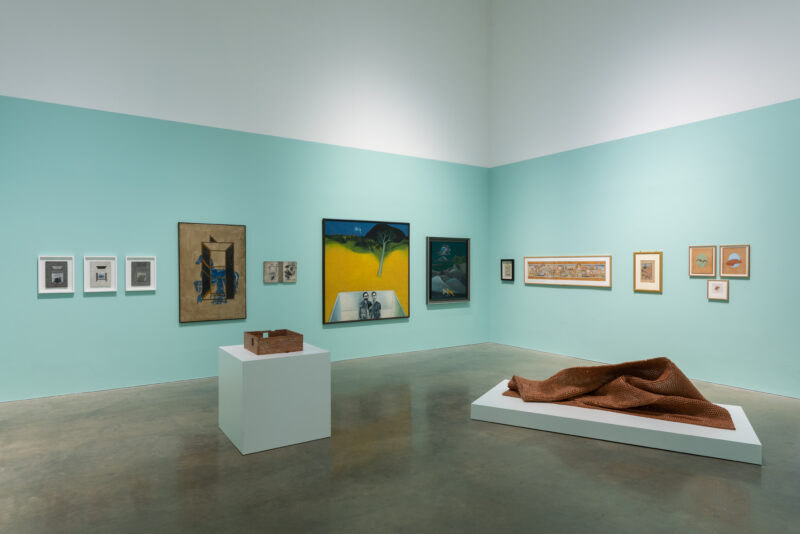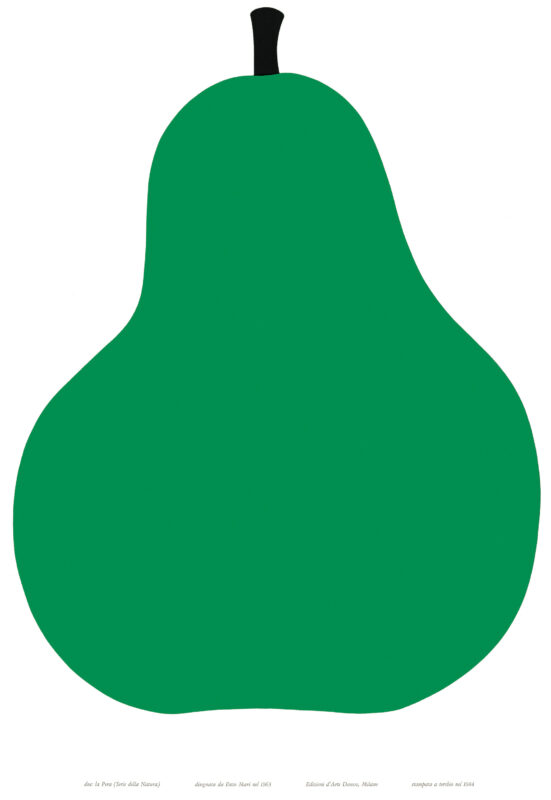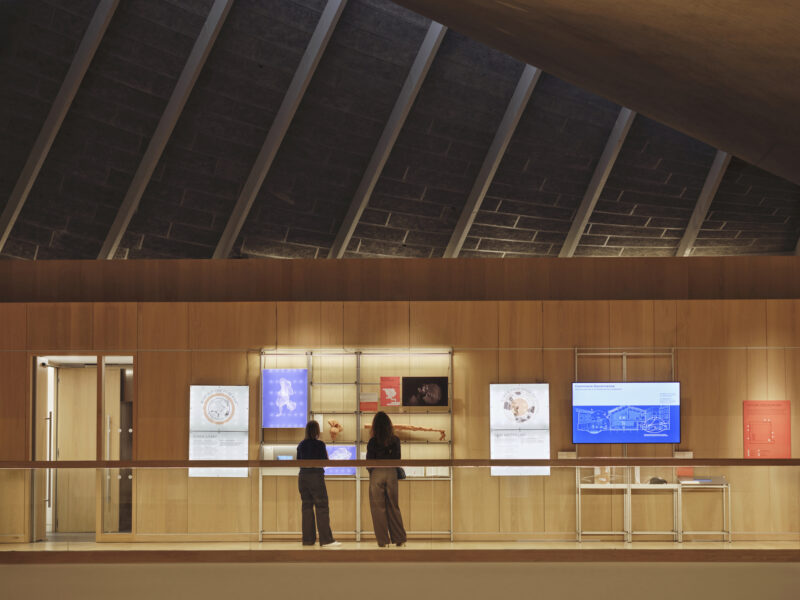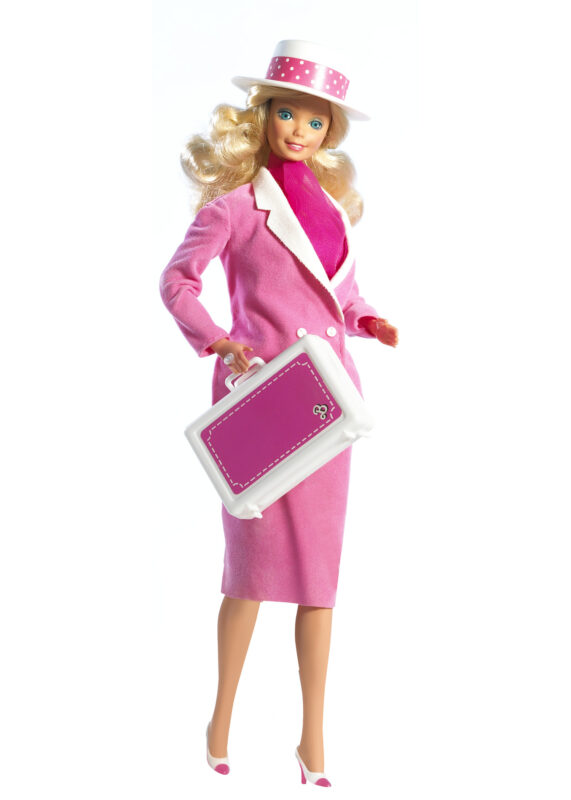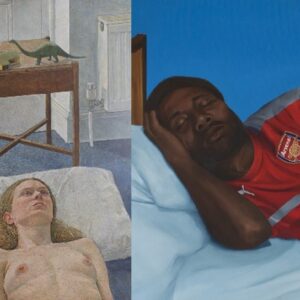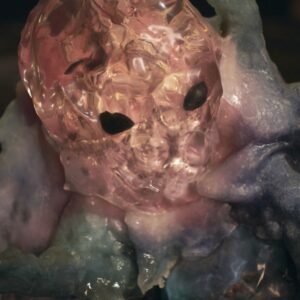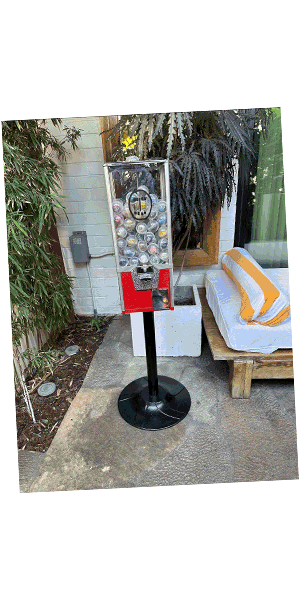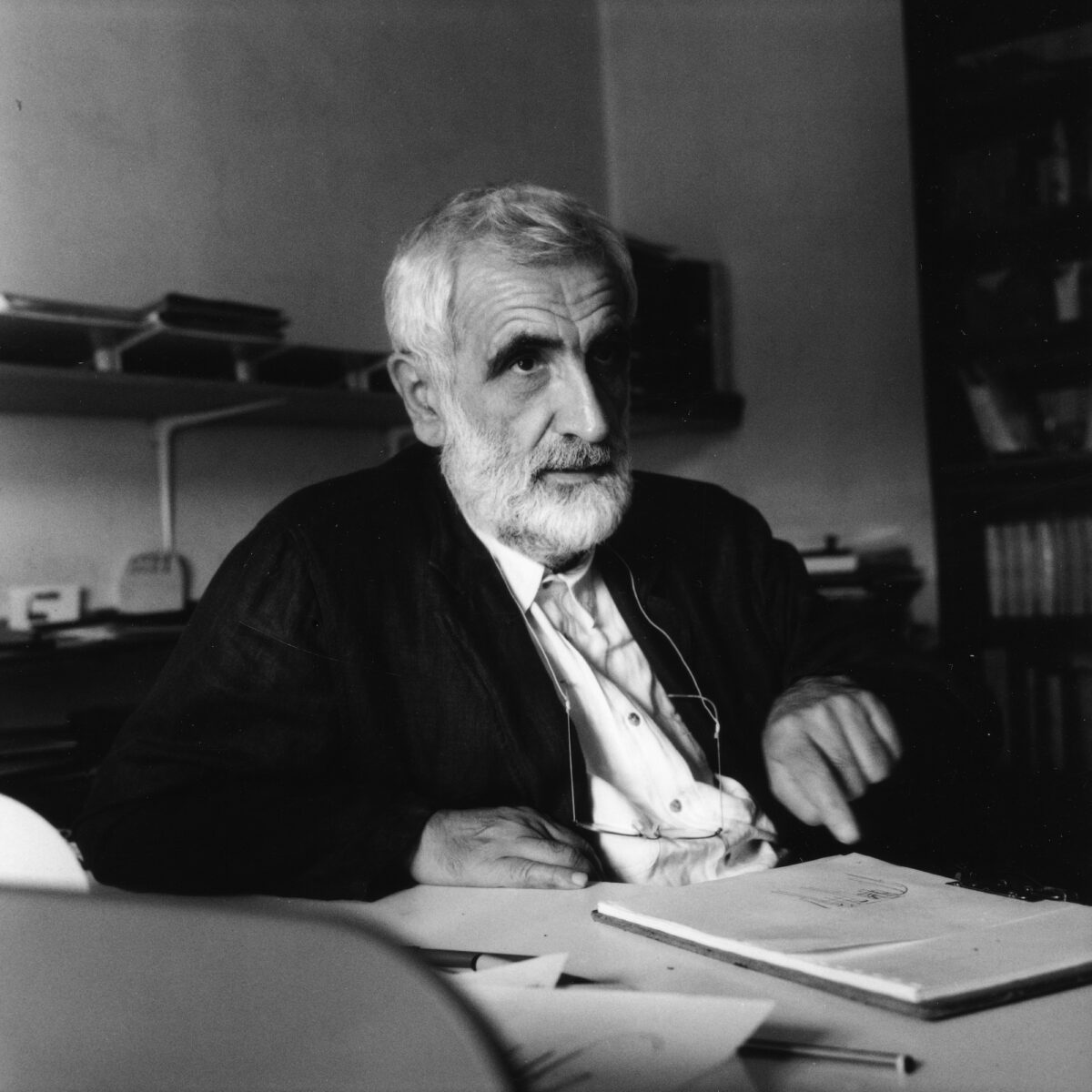
Enzo Mari, curated by Hans Ulrich Obrist with Francesca Giacomelli, and produced by Triennale Milano, has landed at the Design Museum in Kensington. Astonishingly, this is the first solo UK exhibition of this Italian design giant – a large-scale retrospective featuring more than 300 artefacts, spanning Mari’s 60-year career.
Mari, who died merely days after the exhibition’s first incarnation opened at the Triennale Milano in 2020, was a complex personality. Defining him is a near-impossible task. In the words of Giacomelli – Mari’s studio project assistant, and a designer, curator and researcher – he was a rebel, a utopian, a revolutionary: a designer of thoughts, of languages; he wasn’t interested in material objects but in developing new systems. Mari’s chief aim was to free people from their role of consumers, through the sharing of knowledge, with the view of empowering everyone to break the cycle of mass production. It is no surprise that Mari’s theories have influenced many generations of designers, and continue to carry their prophetic significance today.
The vast display covers art, product and graphic design; as well as documentation from exhibitions and installations, and a series of video interviews between Mari and Ulrich Obrist, who worked closely with the designer in the 90s and continued to be in contact with him since; the extracts are beautifully articulate and peppered with colourful swearing (which has been rather politely translated). It follows the original blueprint from the final show Mari himself curated – Enzo Mari: l’arte del design in Turin in 2008 – with expanded archival material researched and assembled by Francesca Giacomelli to illustrate his methodology and approach to design.
There are some wonderful pieces on display. This is heaven for any post-industrial design fan: the collaboration with Danese Milano, a brand that is associated with many of Mari’s masterpieces, featuring Ferri Saldati, a series celebrating raw industrial techniques, with visible welding transformed in a decorative feature; Mari’s famous children’s wooden toys and graphics, with elegantly simplified forms to allow a greater freedom and open approach to learning through play. As a young father, Mari was struck by the incredible capabilities developed by children left free to play, and one of his most recognisable pieces, 16 Animali (16 Animals), 1957, is a wooden puzzle with streamlined animal silhouettes, cut in one continuous line from a single piece of wood; the iconic 1960s prints – Serie della Natura – distilling details of each subject to their most representative and primal form: Uno, La Mela, (One, The Apple), Due, La Pera (Two, The Pear) firmly remain among the most coveted prints in design history, still in production today. Through his work from the 60s to 2000s and beyond, Mari gained a reputation as ‘design conscience’, continuing his practice of design as activism, which sought an alternative to the consumerist society that had boomed in post-war Italy. So much of his work, concerns, and solutions continue to ring true today.
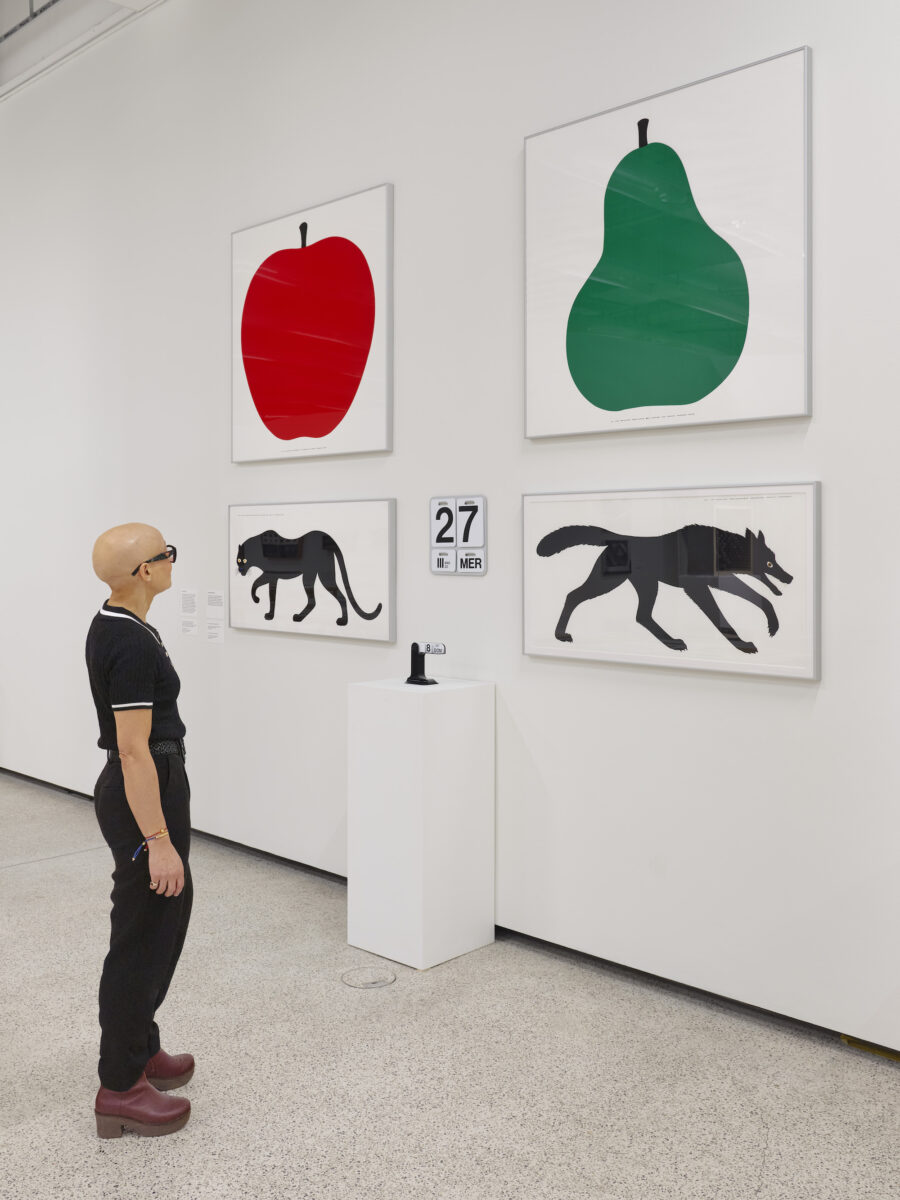
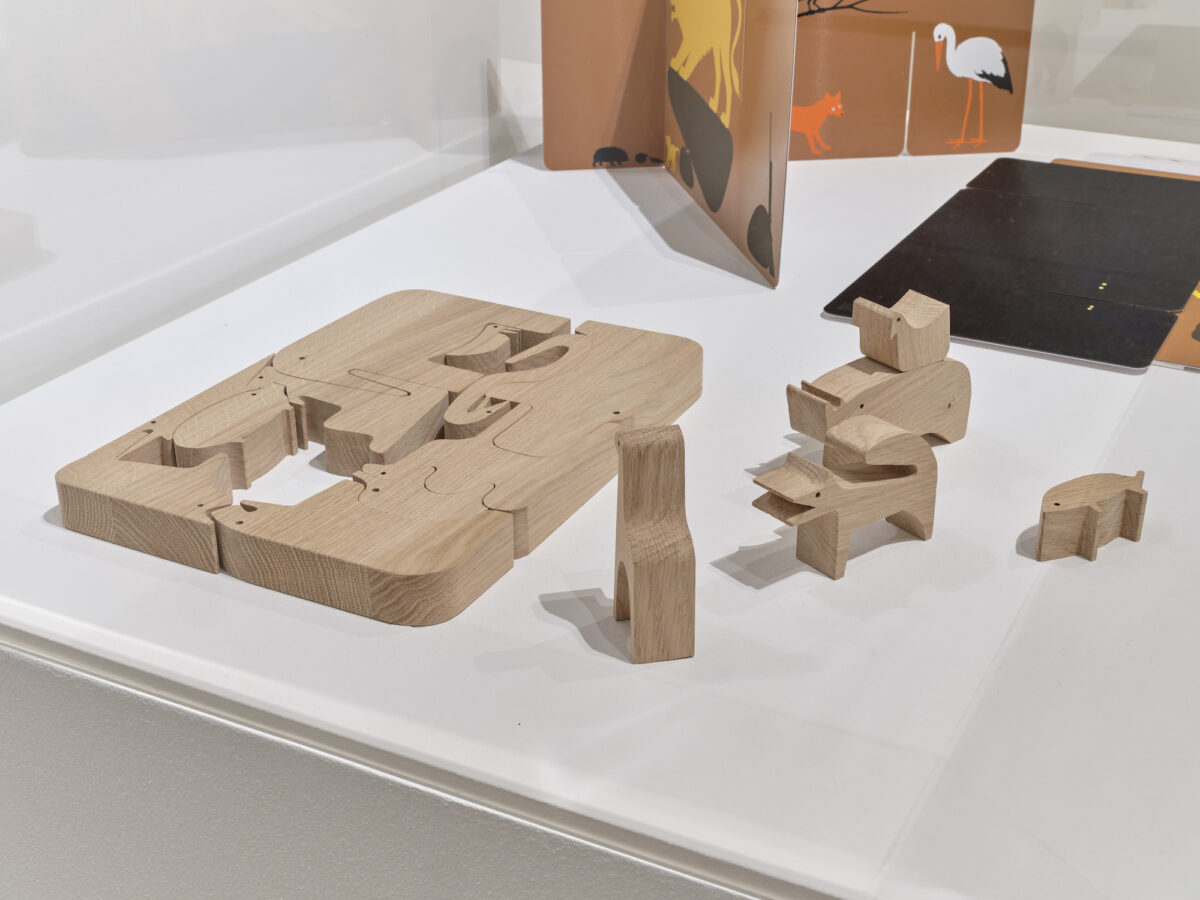
His collaboration with leading manufacturers was prolific: his ‘Sistema Aggregato’ for Artemide; the Delfina chair for Driade (which won Compasso D’Oro, Italy’s most prestigious design award, in 1979); a casserole dish for Le Creuset, 1970; his innovative Ecolo project for Alessi in 1992, which drew attention to the idea of waste reuse and the environmental impact of over production and consumption; exquisite ‘broken’ crockery for Berlin’s historic Royal Porcelain factory (KPM) in the mid 90s; and his collection of 34 pieces for Hida, made with indigenous cedar which required the development of a new fiber compression technology to increase the wood’s density and strength, are on chronological display (alongside many others, there are too many to mention them all) – with no distinctions and hierarchies between disciplines and types of research. It feels like diving into a thorough and extensive catalogue charting the work of one of Italy’s brilliant minds of design, a true thinker whose awareness and response to themes such as sustainability, agency, accountability, and alternative approach to consumerism was admirably contemporary and futuristic.
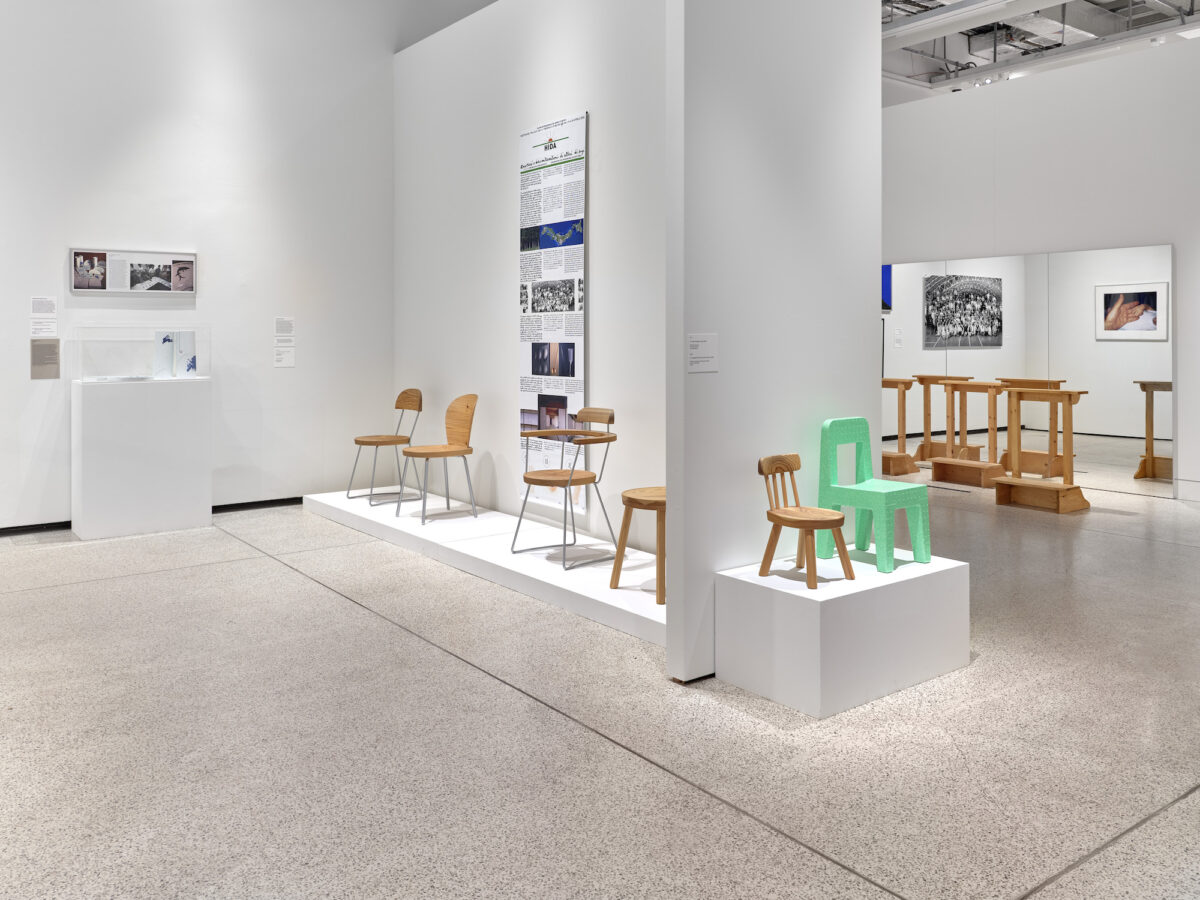
The exhibition also includes a series of tributes to Mari from contemporary international designers who have been influenced by his titanic legacy, including the show’s grand finale – Lo Zoo di Enzo, by Nanda Vigo, a joyous large-scale neon work inspired by 16 Animali.
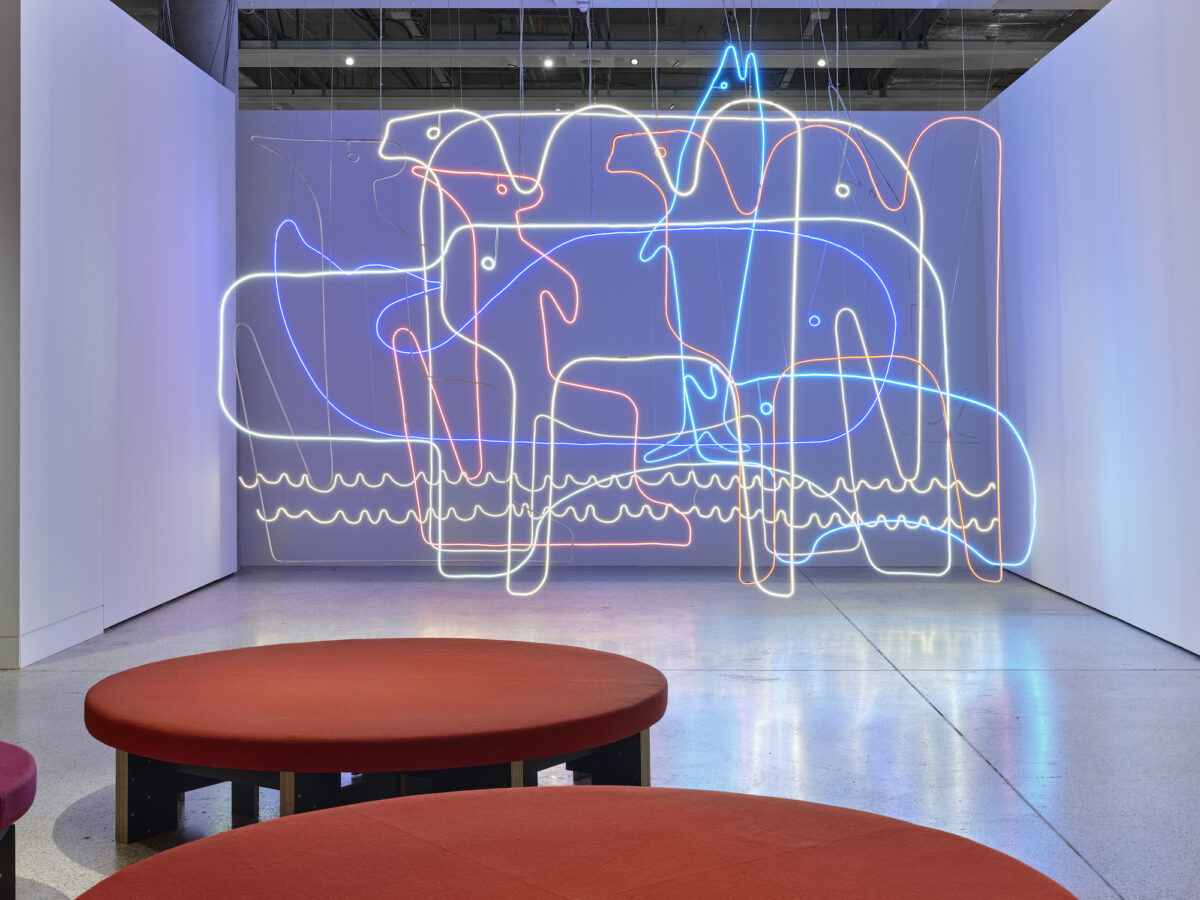
An additional free display, Grazie Enzo: contemporary responses to Enzo Mari, situated on the Museum’s balcony, includes responses from 13 London-based contemporary designers whose practice has been influenced by Enzo Mari’s thinking legacy. Among these, of particular note was a series of wooden creatures by Studiomama, using off cuts from the design duo’s Palette project in a resourcefully clever and waste-conscious way; and a very moving homage by Martino Gamper, who paid tribute to Mari and his wife, the art critic Lea Vergine, who both died hours apart from each other in 2020, by designing two scale coffins created following Mari’s seminal Autoprogettazione. Using Mari’s pared down materials – standardised wood and nails – Gamper created two 1.15 scale coffins entitled ‘l’ultimo mobile per Enzo’ (The last furniture for Enzo) and ‘L’ultimo mobile per Lea’ (The Last Furniture for Lea). It brought tears to my eyes.
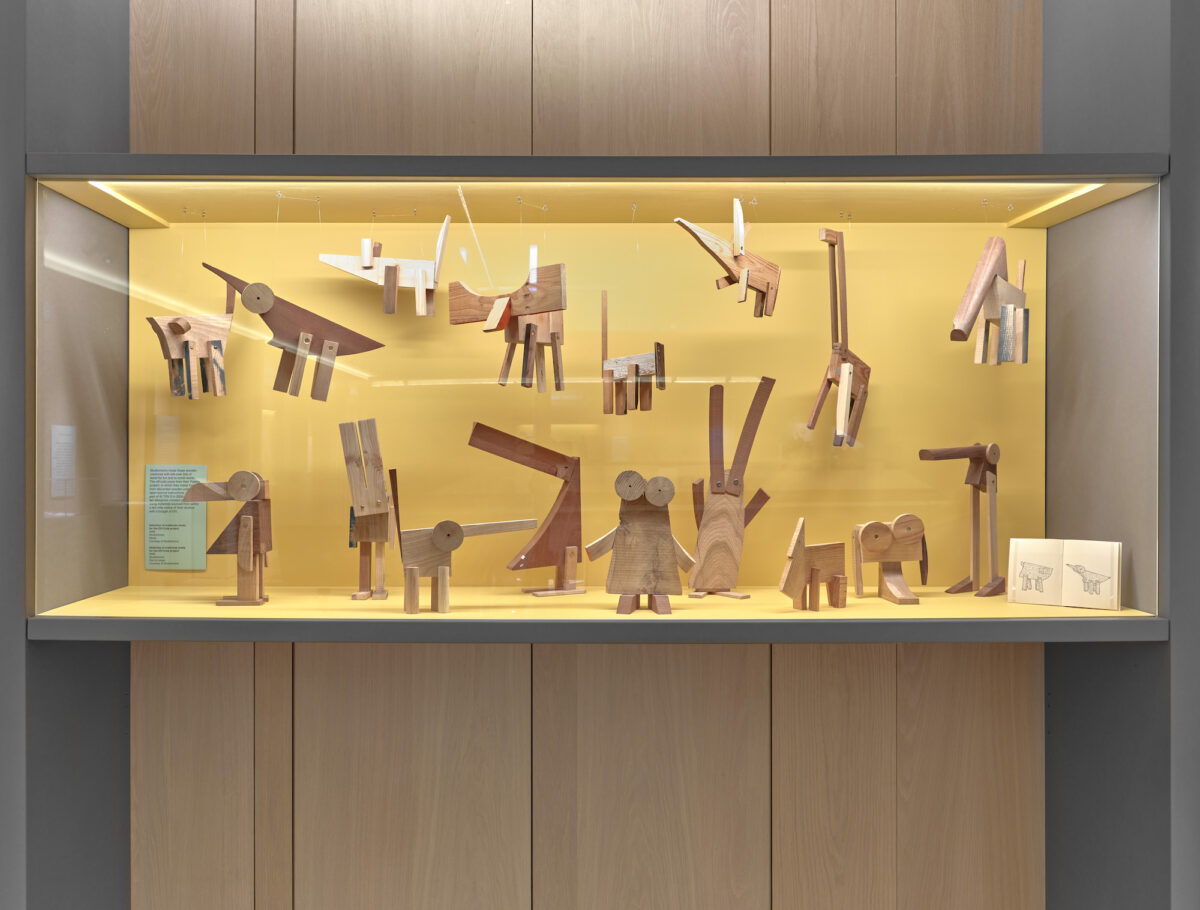
Enzo Mari curated by Hans Hulrich Obrist with Francesca Giacomelli comes to London after its run in at Triennale Milano in 2020, and at C-Mine in Genk, Belgium in 2023. It is curated by Has Ulrich Obrist with Francesca Giacomelli. It is curated for the Design Museum by Rachel Hajek. The balcony display is curated by Esme Hawes.
Words: MBD
Enzo Mari, 29th March to 8th September, Design Museum
